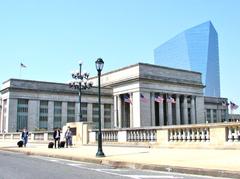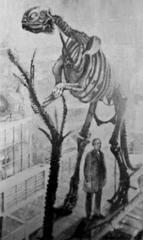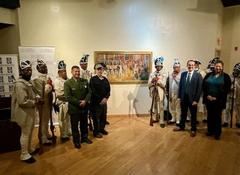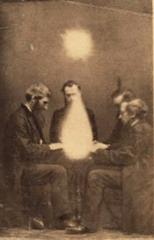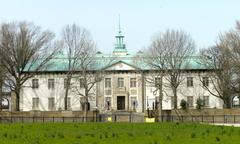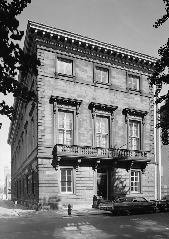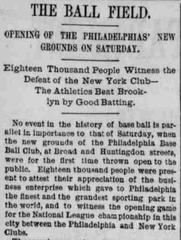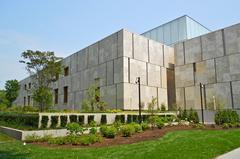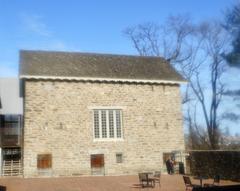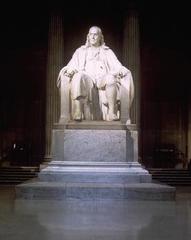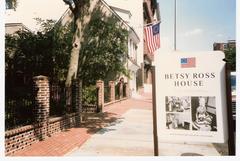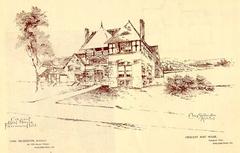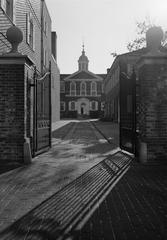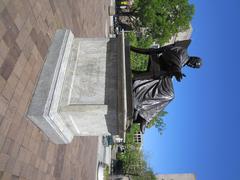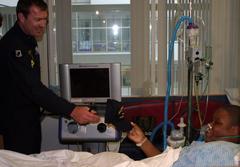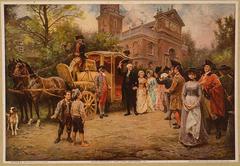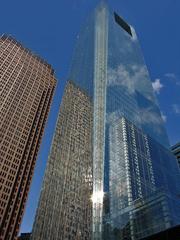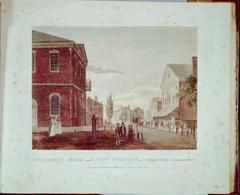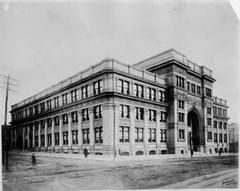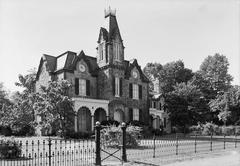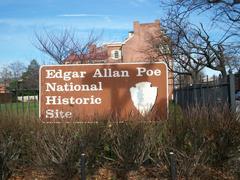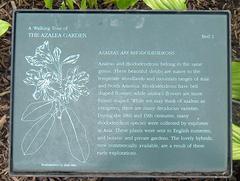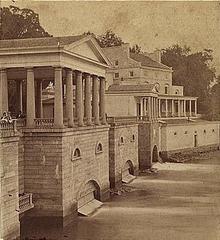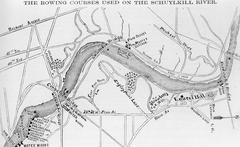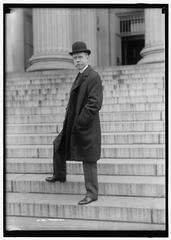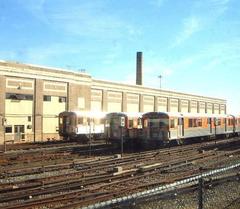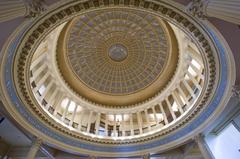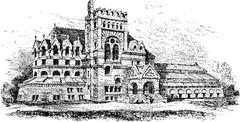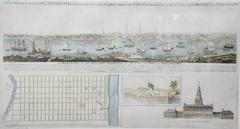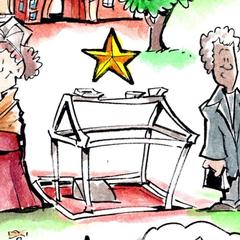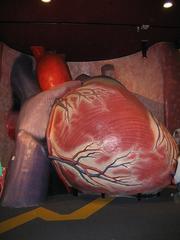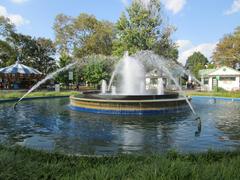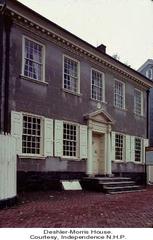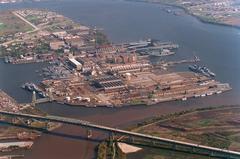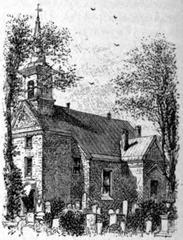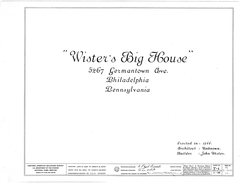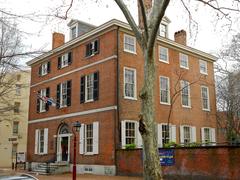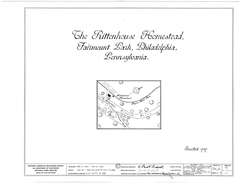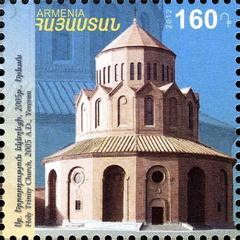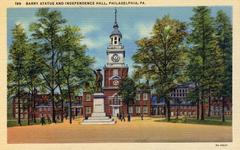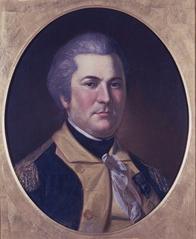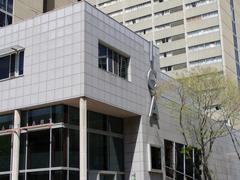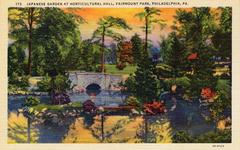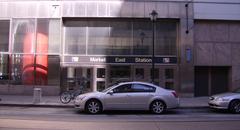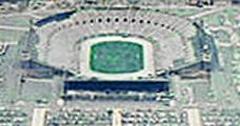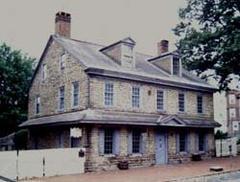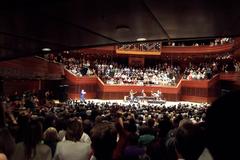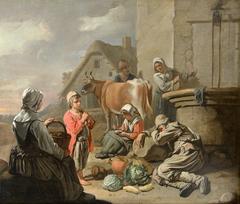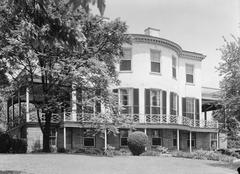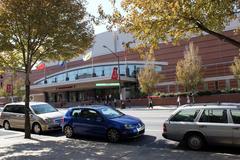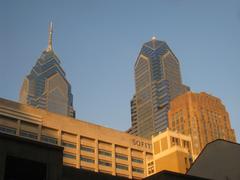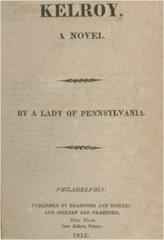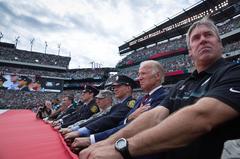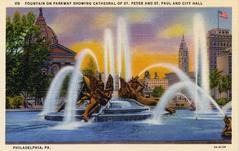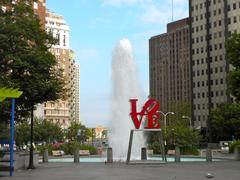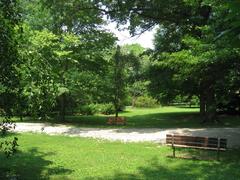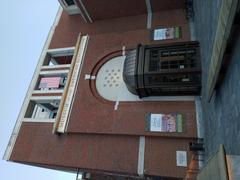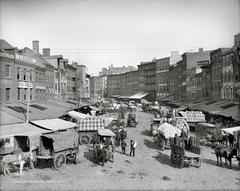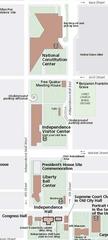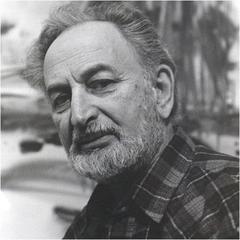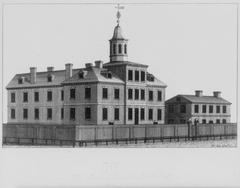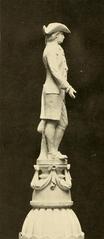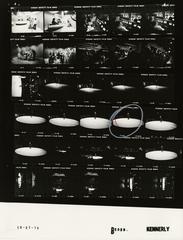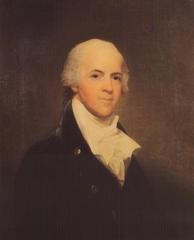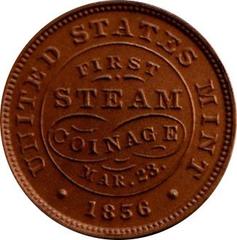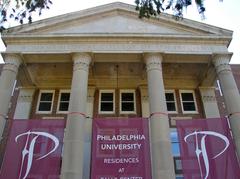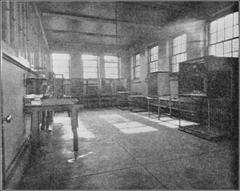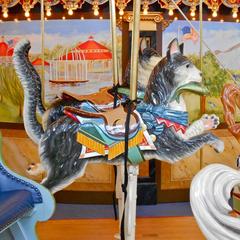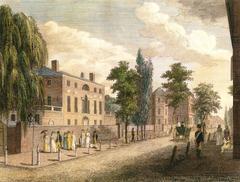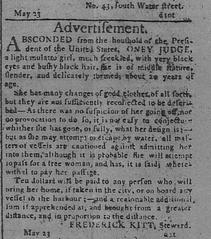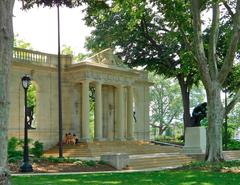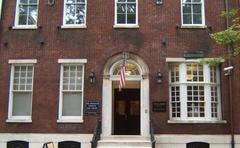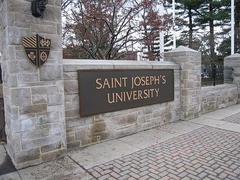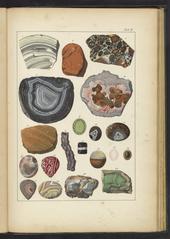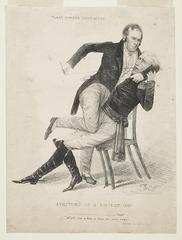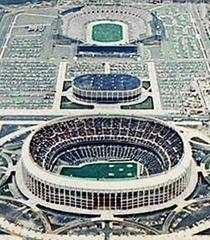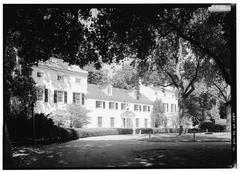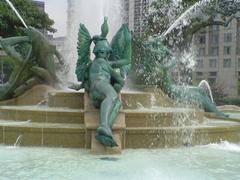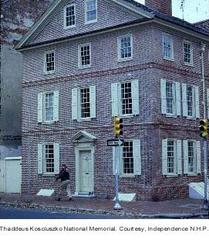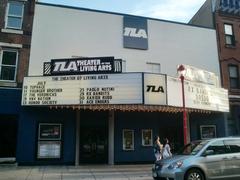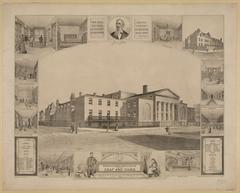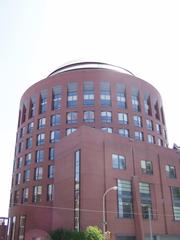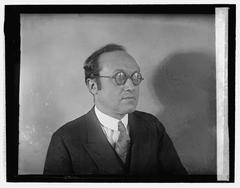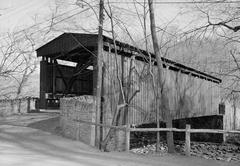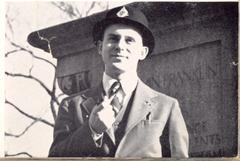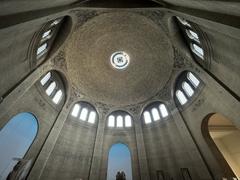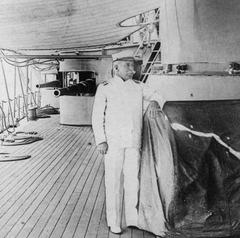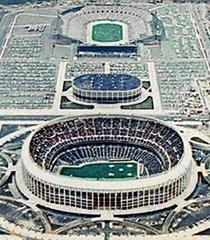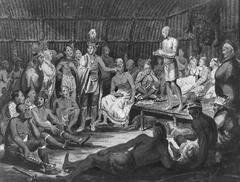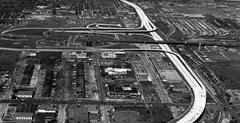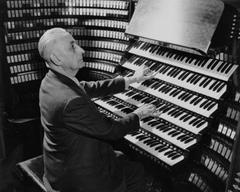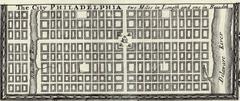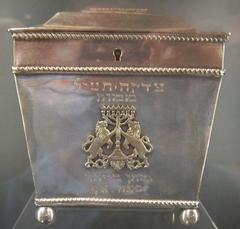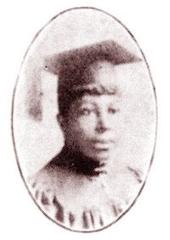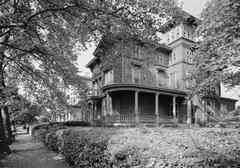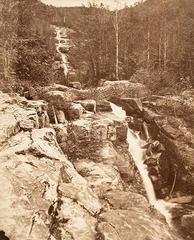
Germantown Church of the Brethren: Visiting Hours, Tickets, and Historical Significance in Philadelphia
Date: 03/07/2025
Introduction
Nestled in Philadelphia’s historic Germantown neighborhood, the Germantown Church of the Brethren stands as a testament to over three centuries of American religious heritage, social justice advocacy, and vibrant community life. Founded in 1723 by German-speaking immigrants seeking religious freedom, it is recognized as the “Mother Church” of the Brethren movement in North America. Today, the site offers visitors an immersive journey through faith, history, and cultural significance, with roots tracing back to the radical Pietist movements of early 18th-century Europe (GCOB History; Brethren.org).
The Germantown Church of the Brethren is a living center for worship, education, and community outreach. Its historic meetinghouse, constructed in 1770, is emblematic of the congregation’s values of simplicity and peace, while the adjacent cemetery preserves the memory of generations. Visitors can engage with the site through worship services, guided tours, and educational programs that connect past and present (Brethren.org; Philadelphia Historical Society).
Located in a neighborhood pivotal to both colonial and abolitionist history, the church sits among landmarks such as Cliveden House and the Johnson House Museum, deepening the experience for travelers interested in American heritage (Historic Germantown; Visit Philly).
This guide provides a detailed overview of the Germantown Church of the Brethren’s history, architectural and cultural significance, practical visitor information, and tips for exploring Germantown’s broader historical landscape.
Table of Contents
- Overview: Why Visit Germantown Church of the Brethren?
- Historical Background & Founding
- Growth and Influence of the Congregation
- The Historic Meetinghouse & Cemetery
- Visiting Information: Hours, Tickets, and Accessibility
- Community Engagement and Global Outreach
- Nearby Attractions in Germantown
- Frequently Asked Questions (FAQ)
- Tips for a Memorable Visit
- Summary and Call to Action
- References
Overview: Why Visit Germantown Church of the Brethren?
The Germantown Church of the Brethren is more than a historical site—it is a living institution embodying centuries-old values of faith, peace, and community service. Whether you are a history enthusiast, spiritual seeker, or cultural traveler, a visit promises meaningful engagement with Philadelphia’s religious and social heritage.
Historical Background & Founding
European Origins and American Beginnings
The church’s roots trace back to religious dissenters from Schwarzenau, Germany, and the Netherlands, who fled persecution for their radical Pietist beliefs. Emphasizing adult baptism, simplicity, pacifism, and communal living, the Brethren movement found a home in Germantown, Philadelphia, in 1719, drawn by William Penn’s promise of religious tolerance (Inquirer; GCOB History).
The congregation was officially founded on December 25, 1723, with its first baptisms performed in Wissahickon Creek, followed by the traditional “love feast,” a hallmark of Brethren worship (Brethren.org; GCOB History).
Mother Church of the Brethren Movement
As the first Brethren congregation in North America, the Germantown church became the nucleus of a movement that quickly expanded throughout Pennsylvania and beyond. Its missionary zeal and commitment to peace, justice, and mutual aid were instrumental in shaping the Brethren denomination’s identity (Brethren.org).
Growth and Influence of the Congregation
Throughout the 18th and 19th centuries, the Germantown Church of the Brethren was a catalyst for religious and social innovation. The congregation sent missionaries across the region, established new churches, and became a model for Brethren communities nationwide (Brethren.org).
The church’s legacy of nonviolence, advocacy for conscientious objection, and active participation in social justice movements continues to define its mission today. Members have historically taken standpoints on racial reconciliation, economic justice, and humanitarian relief, both locally and globally.
The Historic Meetinghouse & Cemetery
Meetinghouse Architecture
The original congregation met in homes until 1770, when the current stone meetinghouse was constructed on Germantown Avenue. The building reflects Brethren values of simplicity and utility—its plain design, natural light, and lack of ornamentation distinguish it from Philadelphia’s grander churches (Brethren.org). Today, the site features interpretive displays and historical artifacts, immersing visitors in early Brethren life.
Church Cemetery
Beside the meetinghouse lies the Germantown Church of the Brethren Cemetery, established in 1793. This peaceful, enclosed space is the final resting place of over 1,000 congregants—preserving the memory of generations (Find a Grave).
Visiting Information: Hours, Tickets, and Accessibility
- Hours: Wednesday–Saturday, 10:00 AM–4:00 PM. Worship services are held Sundays at 10:00 AM.
- Admission: Free (donations welcome to support preservation).
- Accessibility: The meetinghouse and cemetery are wheelchair accessible with ramp and restroom facilities.
- Guided Tours: Available on weekends and by appointment. Recommended for a deeper understanding of the church’s history and architecture. Photography is permitted during tours.
- Location: 6306 Germantown Avenue, Philadelphia, PA 19144 (some sources list 6611 Germantown Ave—be sure to verify current information before your visit).
- Parking: Limited on-site and nearby street parking; accessible by SEPTA bus routes 23 and 56.
For the most up-to-date information, check the Germantown Church of the Brethren Official Website.
Community Engagement and Global Outreach
The Germantown Church of the Brethren is known for hands-on ministry and outreach. Local initiatives include food drives, clothing donations, family support programs, and partnerships with organizations such as Lafiya Family Services and ICN Networks. On a global scale, the church supports international relief, disaster response, and educational efforts, exemplifying Brethren compassion and global citizenship (Philadelphia Historical Society).
Nearby Attractions in Germantown
Expand your visit by exploring nearby historical sites:
- Cliveden House: A National Historic Landmark and Revolutionary War site.
- Johnson House Historic Site: A preserved Underground Railroad station.
- Germantown Friends Meeting House: Another cornerstone of local religious history.
- Unitarian Society of Germantown: Historic congregation nearby (Unitarian Society MapQuest).
Germantown boasts a wealth of colonial, abolitionist, and cultural landmarks, as well as a lively arts and festival calendar (Historic Germantown; Visit Philly).
Frequently Asked Questions (FAQ)
Q: What are the visiting hours for the Germantown Church of the Brethren?
A: Wednesday–Saturday, 10:00 AM–4:00 PM. Worship services: Sundays at 10:00 AM.
Q: Is there an admission fee?
A: Admission is free. Donations are appreciated.
Q: Are guided tours available?
A: Yes, on weekends and by appointment.
Q: Is the site accessible for wheelchair users?
A: Yes, with ramps and accessible restrooms.
Q: Can I take photographs during my visit?
A: Photography is permitted during tours.
Q: What other historical sites are nearby?
A: Cliveden House, Johnson House Historic Site, Germantown Friends Meeting House, and more.
Tips for a Memorable Visit
- Plan Ahead: Confirm hours and tour availability on the official website.
- Be Engaged: Introduce yourself—congregants are known for their warmth.
- Respect Services: Be mindful during ongoing activities and worship.
- Explore the Neighborhood: Visit nearby historic sites and enjoy Germantown’s architecture and green spaces.
- Support Outreach: Consider donating or volunteering with the church’s community programs.
Summary and Call to Action
The Germantown Church of the Brethren stands as a vital emblem of American religious history, peace advocacy, and community engagement. Founded by European dissenters in 1723, it continues to embody principles of simplicity, inclusivity, and nonviolence. Visitors are invited to explore the historic meetinghouse, reflect in the serene cemetery, and participate in worship or guided tours that reveal the church’s pivotal role in American social and religious movements (Brethren.org; GCOB History).
With free admission, accessibility, and a welcoming atmosphere, the Germantown Church of the Brethren is both a monument of the past and a living cornerstone of community life. Plan your visit by consulting the church’s official website, explore virtual resources, and take part in tours and special events to deepen your understanding.
Enhance your experience by downloading the Audiala app for personalized guides, and follow the Germantown Church of the Brethren on social media for updates and community news.
References
- GCOB History
- Brethren.org - History
- Brethren.org - Germantown Tours
- Philadelphia Historical Society
- Historic Germantown
- Visit Philly: Germantown Neighborhood
- Chestnut Hill Local - Germantown Church Celebrates 300 Years
- Germantown Church of the Brethren Official Website



